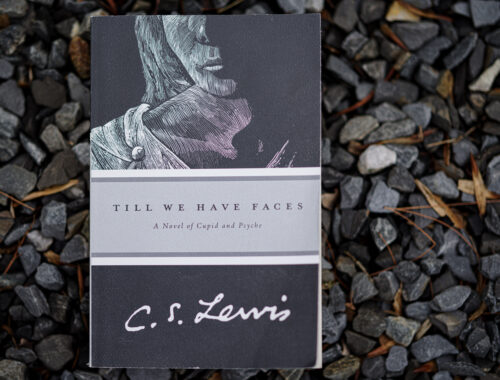
What Do You Stand For?
As I near the end of The Rape of the Mind, I look at the world I live in and think back over the past three years—and even over the last century—and I feel gratitude for the people in the past like: Jacques Lusseyran, Viktor Frankl, Joost Meerloo, Peter Duesberg, Kary Mullis, Dorothy Day; and in the present: Celia Farber, Mark Crispin Miller, Tracy Beanz, Catherine Austin Fitts, Dr. Peter McCullough, Dr. Carrie Madej, Artur Pawlowski, Dr. Christiane Northrup, Chris Sky, Nicole Sirotek, and all the truckers and associates who, in early 2022, went to Canada as the Freedom Convoy. I think about the European farmers shutting down cities with their tractors and saying NO to environmental policies that will lead to mass starvation and totalitarian control (control the food supply; control the people), along with people everywhere standing up to tyranny in whatever way they can, and I am thankful that they have found the fortitude to do what’s right even when it’s hard. These and others, like Becky Weiss and all the members of Gays Against Groomers, know that there are things in this world worth fighting for. They’ve all dared to speak out against indoctrination, mass delusion, manufactured crises, enslavement, and wholesale slaughter of humans.
In the penultimate chapter of Joost Meerloo’s book on thought control, menticide, and brainwashing, he describes what sets such people apart, and if we want to salvage freedom, we need to pay attention and do all we can to encourage such attributes. Meerloo writes:
Spiritual bravery is not found among the conformists or among those who preach uniformity or among those who plead for smooth social adjustment. It requires continual mental alertness and spiritual strength to resist the dragging current of conformist thought. Man has to be stronger than the mere will for self-protection and self-assertion; he has to be able to go beyond himself in the service of an idea and has to be able to acknowledge loyally that he has been wrong when higher values are found.
Indeed, there is a spiritual courage that goes beyond all automatic reflex action. Man is not only a mass, a piece of kneaded dough; he is also a personality. He dares to confront the human masses as he confronts the entire world—as a thinking human being. Consciousness, alert awareness are themselves a form of courage, a lonely exploration and a confrontation of values. Such courage dares to break through old traditions, taboos, prejudices and dares to doubt dogma. The heroes of the mind do not know the fanfare, the pathetic show, the pseudo-courage of exaltation and glory; these brave heroes fight their inner battle against rigidity, cowardice, and the wish to surrender conviction for the sake of ease. This courage is like remaining awake when others want to soothe themselves with sleep and oblivion. Totalitarian ideology is able to blackmail man through his inner cowardice. It threatens him into surrendering his innermost convictions in exchange for glamour and acceptance, for hero worship, for honor and acknowledgment. Yet the true hero is true to his ideals. …
Courage should be the vivid faith in, and the alert awareness and the sound consideration of, all that moves life.
Such courage accepts the great fear behind all the mysteries of life and dares to live with it.
The Nazis were very much aware of the existence of unbendable heroes among their victims, whose faces could not be changed, whose minds could not be coerced. They called their calmness and stubborn will physiognomic insubordination, and they tried to kill these heroes as soon as they were discovered. Happily, the jailers had many blind spots when it came to detecting spiritual greatness.
When the war was over, most of these heroes disappeared modestly into the crowd after their mission was fulfilled, leaving leadership to the more sophisticated politicians.




